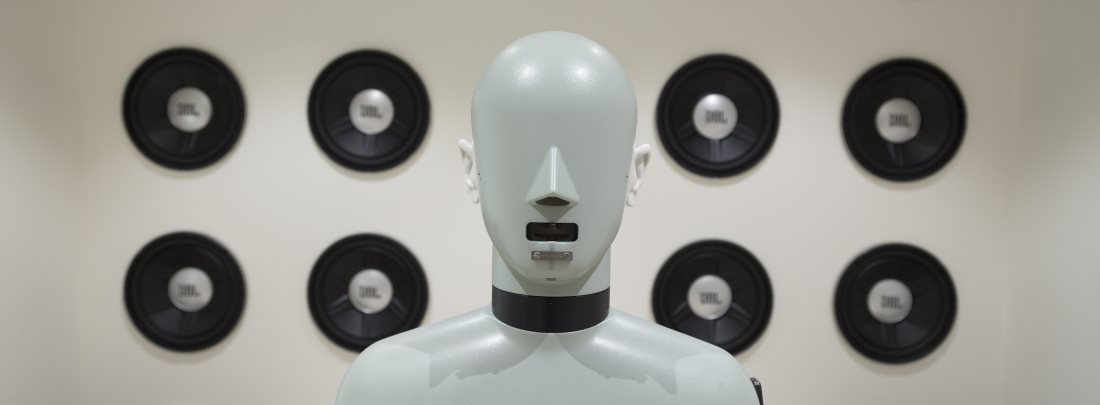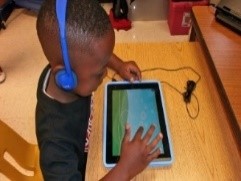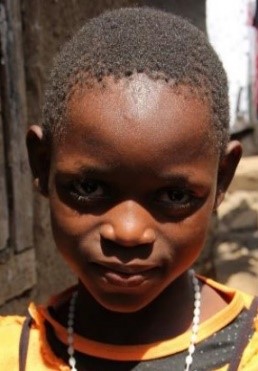 Sharleen is an African girl, 9 years old, from a family of farmers. She is quite smart, but no longer goes to school.
Sharleen is an African girl, 9 years old, from a family of farmers. She is quite smart, but no longer goes to school.
Why?
Sharleen has a hearing impairment, and couldn’t understand what the teacher was saying. Her father thought he needed her at home to look after the goats. Unfortunately, Sharleen is just one among many children lacking help.
WHO has estimated that over 5% of the world population – 360 million people – has a hearing impairment (328 million adult and 32 million children), and the majority of children with hearing impairment live in low-income countries. In contrast, less than 2% of the hearing aids produced in 2005 went to low income countries.
Traditional hearing devices are advanced equipment; expensive, fragile and not developed for the Third World. Specialised personnel and complex infrastructure in the individual fitting process is needed, reducing the usefulness of such complex hearing aids to a minimum in low-income countries, where trained people and specialists are scarce.
With funding from Norwegian Research Council, SINTEF’s project “I Hear You”, starting early 2017, aims to help children like Sharleen by ensuring access to education for the hearing impaired.
a) New hearing devices
b) Screening tools appropriate for local communities in low-resource settings
c) Community based model for hearing services including training programs for teachers and local community health workers
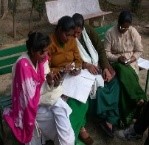 The main objective is to develop a sustainable Hearing Service, not dependent on western technology and experts. The screening will be automatic, and based on smart phone technology. The Hearing Enabling Device will be automatically fitted for the individual, and designed primarily for speech enhancement at school.
The main objective is to develop a sustainable Hearing Service, not dependent on western technology and experts. The screening will be automatic, and based on smart phone technology. The Hearing Enabling Device will be automatically fitted for the individual, and designed primarily for speech enhancement at school.
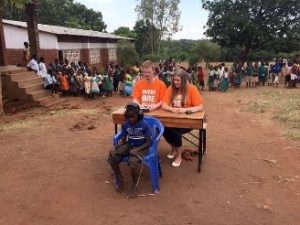
Compared to a standard hearing aid, the new device will be more user-friendly, easier to repair locally, more affordable, more robust and more dedicated for learning. The service as a whole will be included in Primary Health Service, enabling an easy follow-up of children starting school (at 6). Today, there are no follow-ups on a regular basis.
Project partners are Deaf-Aid, Listen AS, NTNU, and Open University of Tanzania. The project will be implemented in Tanzania, during 2017–2020.
